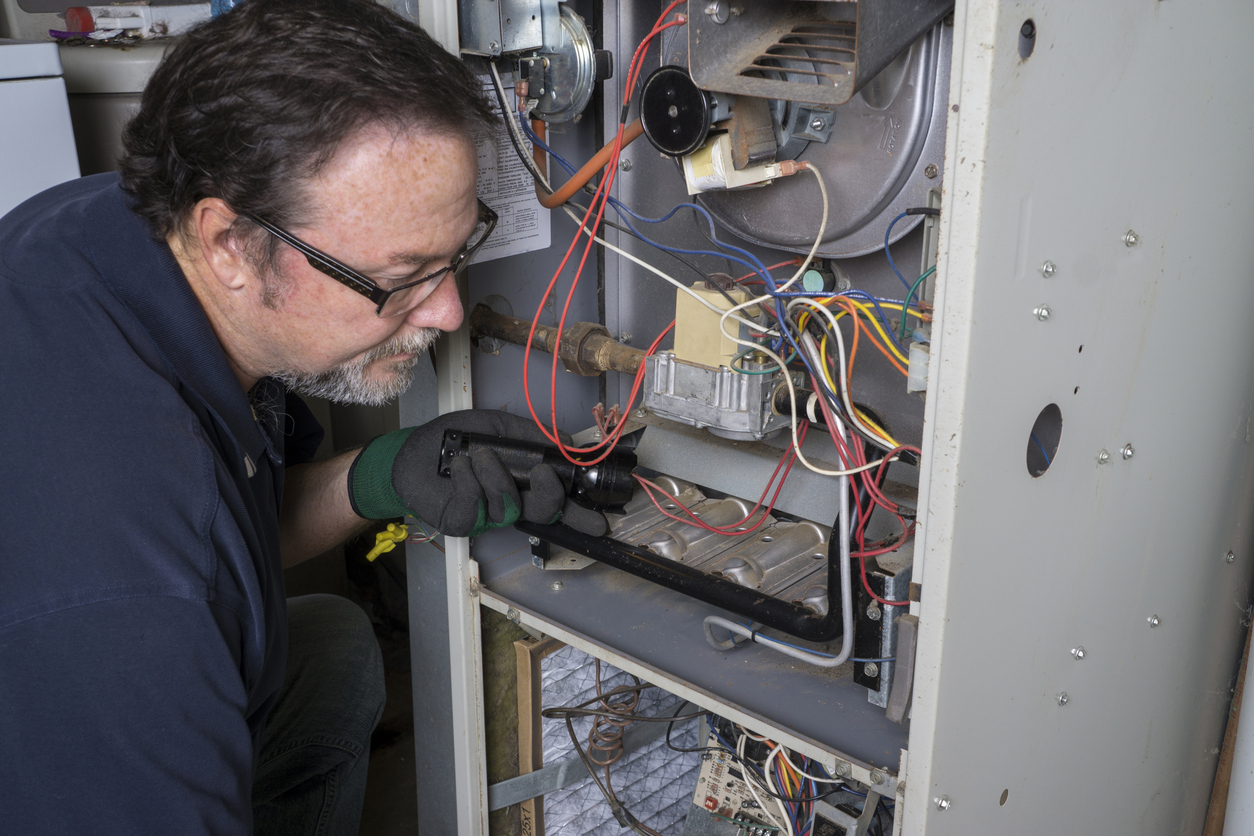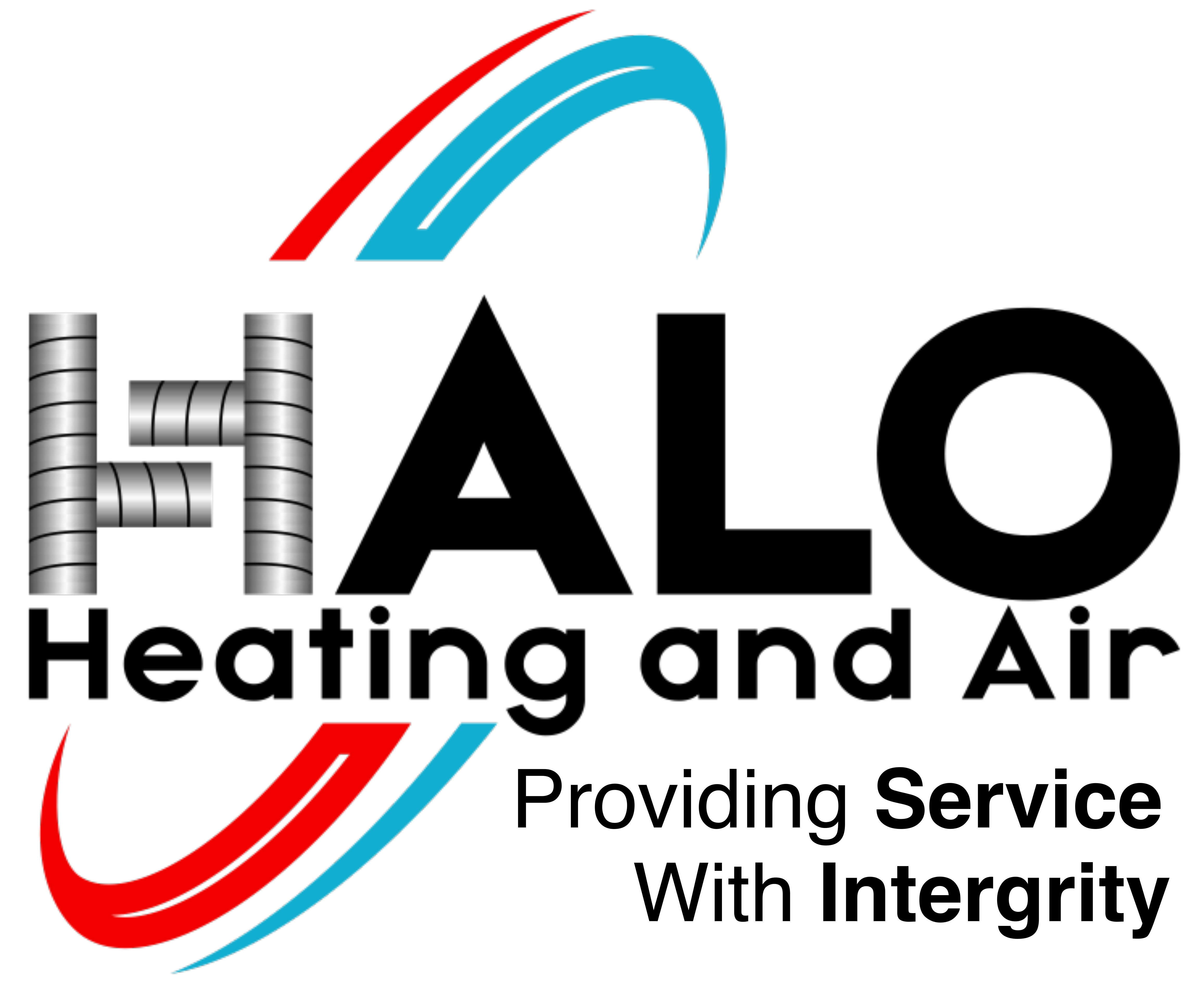Heating Installation Services in Boulder, CO
Boulder, Colorado, experiences distinct seasonal changes, making a reliable and efficient heating system essential for comfort and well-being throughout the colder months. When your existing heating system reaches the end of its lifespan, requires frequent costly repairs, or you're building a new property, professional heating installation becomes a critical undertaking. A correctly installed system ensures optimal performance, energy efficiency, and consistent warmth for years to come.
Why Heating Installation Is a Smart Investment
Investing in a new heating system is a significant decision for any homeowner. It impacts not only your immediate comfort but also your monthly energy bills, indoor air quality, and the long-term value of your property. Choosing the right system and ensuring it's installed by qualified professionals is paramount to maximizing these benefits.

Assessing Your Home’s Heating Needs
The process typically begins with an assessment of your home's specific heating needs. Factors such as the size and layout of your house, insulation levels, window types, and your family's comfort preferences all play a role in determining the most suitable heating solution. An undersized system will struggle to heat your home adequately, while an oversized one can cycle on and off too frequently, leading to inefficient operation, increased wear and tear, and poor humidity control.
What Professional Heating Installation Involves
Professional heating installation involves more than just replacing a unit. It includes evaluating ductwork (for forced-air systems), ensuring proper ventilation, checking electrical and gas connections for safety, and calibrating the new system to operate at peak efficiency. Technicians also verify thermostat compatibility and programming to ensure you have precise control over your indoor climate.
Types of Heating Systems for Boulder Homes
Several types of heating systems are common choices for homes in Boulder and the surrounding Northern Colorado area:
- Furnaces: Forced-air furnaces, powered by natural gas, propane, or electricity, are a widely used option. They heat air and distribute it through ductwork to warm your home. Modern furnaces boast high Annual Fuel Utilization Efficiency (AFUE) ratings, indicating how effectively they convert fuel into heat. Proper furnace Heating Installation ensures the unit is sized correctly, the ductwork is sealed and balanced, and all safety controls are functioning correctly.
- Heat Pumps: A versatile option, Heat Pump systems can provide both heating and cooling for your home using electricity to transfer heat. In winter, they extract heat from the outside air (even in cold temperatures) and transfer it indoors. During warmer months, they reverse the process to cool your home. Heat pumps are known for their energy efficiency, especially in moderate climates, and offer the convenience of a single system for year-round comfort. Heat Pump Installation requires careful consideration of refrigerant lines, electrical connections, and integration with potentially existing backup heating sources.
- Mini-Split Systems: Also known as ductless systems, Mini-Split heat pumps are ideal for heating or cooling individual rooms or areas that don't have existing ductwork, such as additions, garages, or older homes. They consist of an outdoor unit connected to one or more indoor air handlers. Mini Split Installation is less disruptive than traditional ducted systems and allows for zoned control, meaning you can heat or cool specific areas independently.
Choosing the Right System for Your Needs
Choosing the right system type depends on various factors, including your budget, energy source availability, existing infrastructure, and efficiency goals. A qualified HVAC professional can provide expert guidance based on your specific needs and property characteristics.
The installation process itself requires meticulous attention to detail. This includes:
- Removal of the Old System: The existing unit is carefully disconnected and removed, ensuring all fuel and power sources are safely handled.
- Site Preparation: The area for the new unit is prepared, which may involve leveling a pad for an outdoor unit or ensuring adequate space in a utility closet or basement for a furnace.
- System Placement: The new indoor and outdoor units are strategically placed according to manufacturer specifications and local building codes for optimal performance and safety.
- Connection of Components: Refrigerant lines (for heat pumps), ductwork, electrical wiring, and fuel lines (for gas furnaces) are expertly connected. This is a critical step where precision is key to prevent leaks, ensure proper airflow, and guarantee safe operation.
- Thermostat Installation and Wiring: A new thermostat, compatible with the new system's features and capabilities (like zoning or smart home integration), is installed and wired correctly.
- System Testing and Calibration: Once all connections are made, the system is thoroughly tested to ensure it's operating correctly, airflow is balanced, temperatures are consistent, and all safety features are functional. Calibration fine-tunes the system for maximum efficiency.
- Final Inspection and Cleanup: A final walkthrough is performed, and the work area is cleaned. Technicians should also walk you through the operation of your new system and thermostat, explaining basic maintenance and answering any questions.
Ensuring Code Compliance and Safety
Beyond the technical aspects, professional installation also ensures compliance with all local building codes and regulations in Boulder, CO. This is crucial for safety and can be required for homeowner's insurance and future property sales. Permits and inspections are often part of the process, and experienced installers navigate these requirements efficiently.
Manufacturer Warranty Protection
Furthermore, proper installation is often a prerequisite for validating manufacturer warranties. Many manufacturers will not honor a warranty if the system was installed incorrectly or by an unlicensed individual.
Choosing a Trusted HVAC Installation Partner
Selecting a trusted HVAC provider for your heating installation in Boulder means choosing a team that understands the specific climate challenges of the area and has a proven track record of successful installations. They should prioritize safety, precision, and customer satisfaction throughout the process.
Why Post-Installation Maintenance Matters
Regular maintenance after installation is also key to preserving the lifespan and efficiency of your new heating system. Consider a Maintenance Plan to ensure your system receives routine check-ups, keeping it running smoothly and helping to identify potential issues before they become major problems. This proactive approach can save you money on future Heating Repair calls and extend the life of your investment.
Final Thoughts on Heating Installation in Boulder
Whether you're upgrading from an old, inefficient system or installing heating for the first time in a new build, professional heating installation provides peace of mind and ensures your home remains comfortably warm throughout Boulder's colder seasons.
Financing
Whether it's a repair or a new installation, our financing options help you get the comfort you need now—while paying over time with manageable monthly payments.
Customer Testimonials
See what homeowners across Windsor and Northern Colorado are saying about our reliable service, expert workmanship, and commitment to getting the job done right.



.svg)




